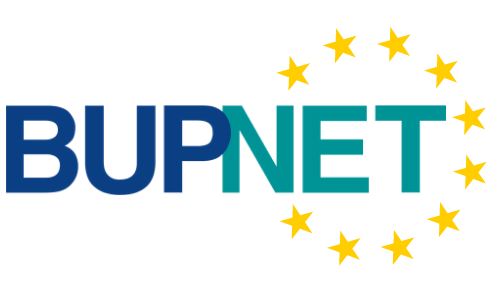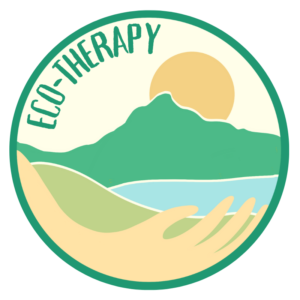Our recent collaborative research has shed light on the varied landscape of ecotherapy practices across several project countries. Despite the diverse manifestations of ecotherapy in different regions, a common thread binds them together: the absence of official recognition as a treatment modality for alcohol and drug abuse, sanctioned by a universally recognized curriculum.
However, amidst this lack of formal acknowledgment, our findings unveil a glimmer of hope. Ecotherapy appears to offer profound physical and psychological benefits for individuals grappling with addiction. Studies reveal a transformative journey, where immersion in nature acts as a catalyst for rehabilitation. The outcomes speak volumes: reduced stress and anxiety, heightened self-awareness, improved focus, and enhanced self-worth. Indeed, ecotherapy emerges as both a proactive and reactive intervention, nurturing holistic well-being in its wake.
Moreover, our research underscores a significant shift in therapeutic dynamics. Ecotherapy not only fosters deeper client-counselor rapport but also serves as a gateway to trust and connection. At its core lies a simple truth: nature’s embrace evokes universally positive sentiments, making it a potent ally in the realm of therapy.
For vocational education and training (VET) centers and treatment facilities, the integration of ecotherapy curricula signals a transformative approach. It offers a holistic paradigm that transcends conventional methodologies, promising a plethora of benefits for both practitioners and participants alike.

